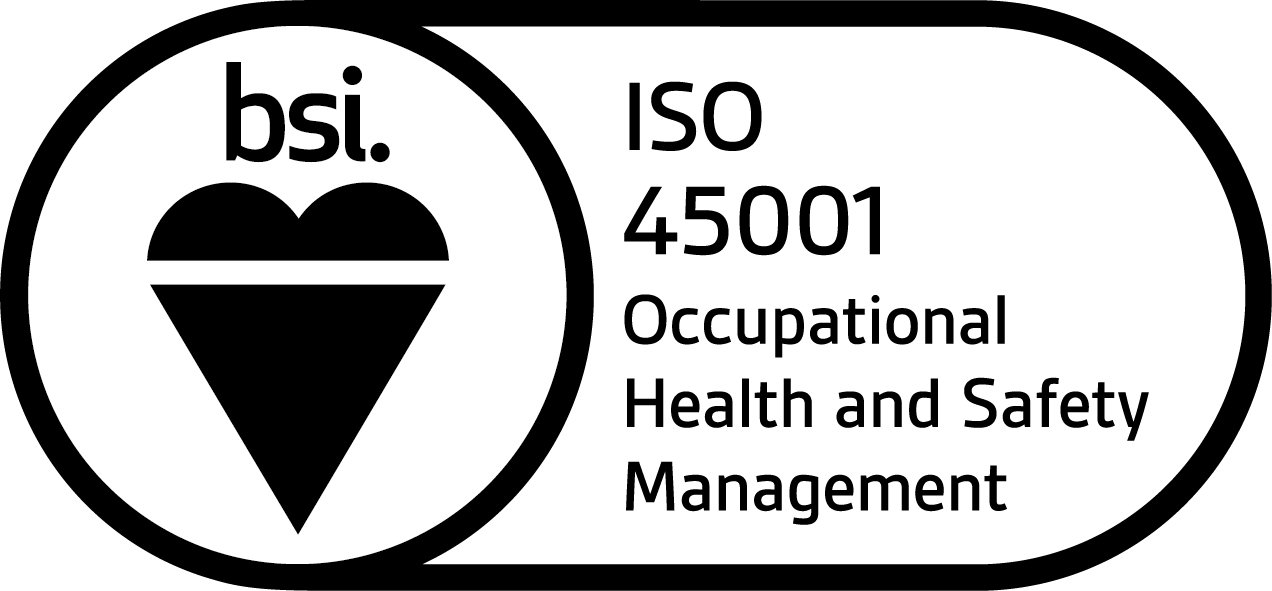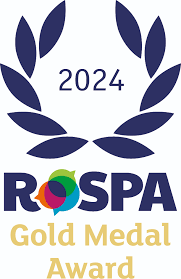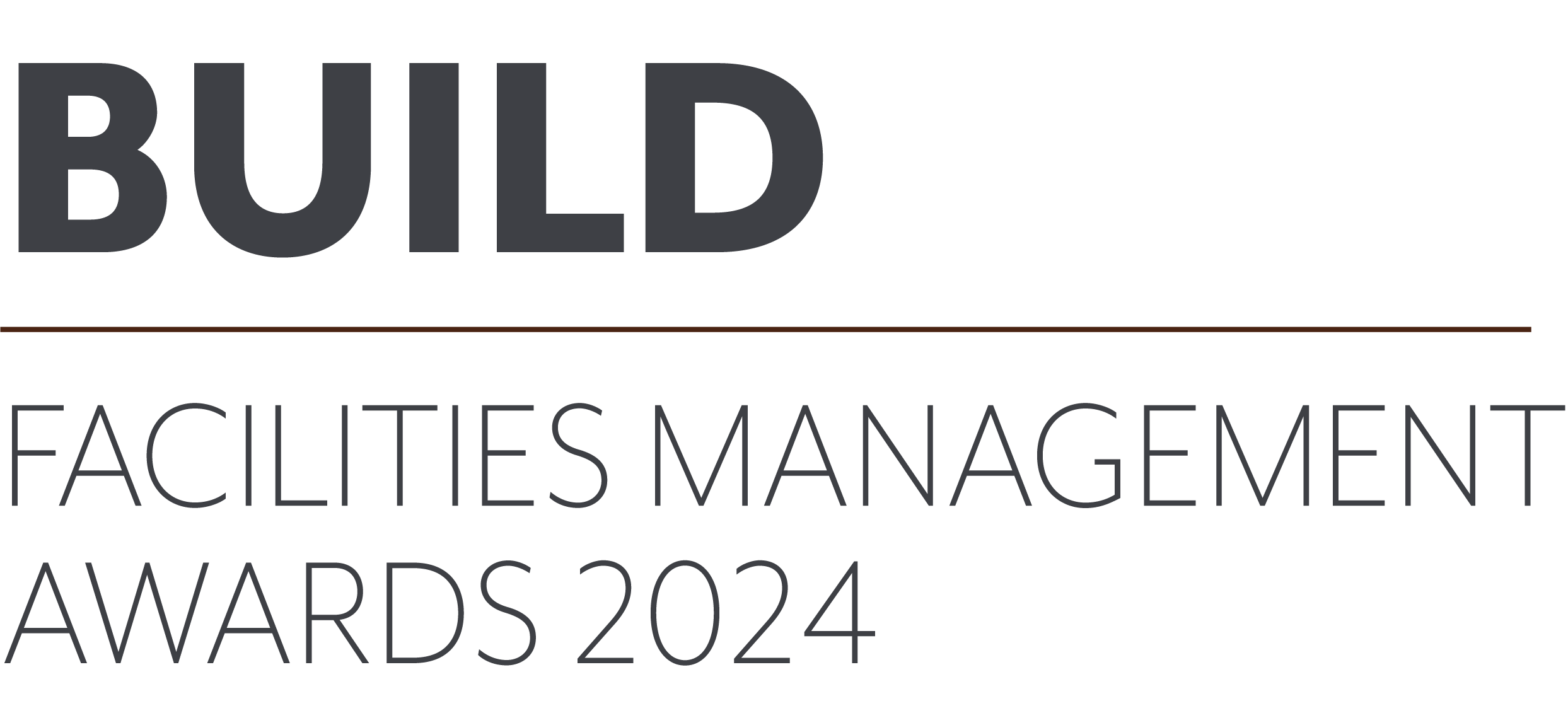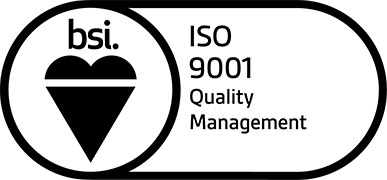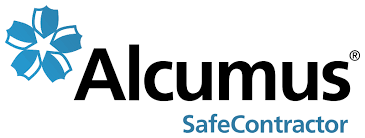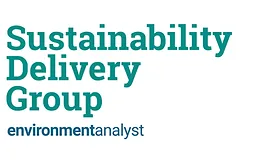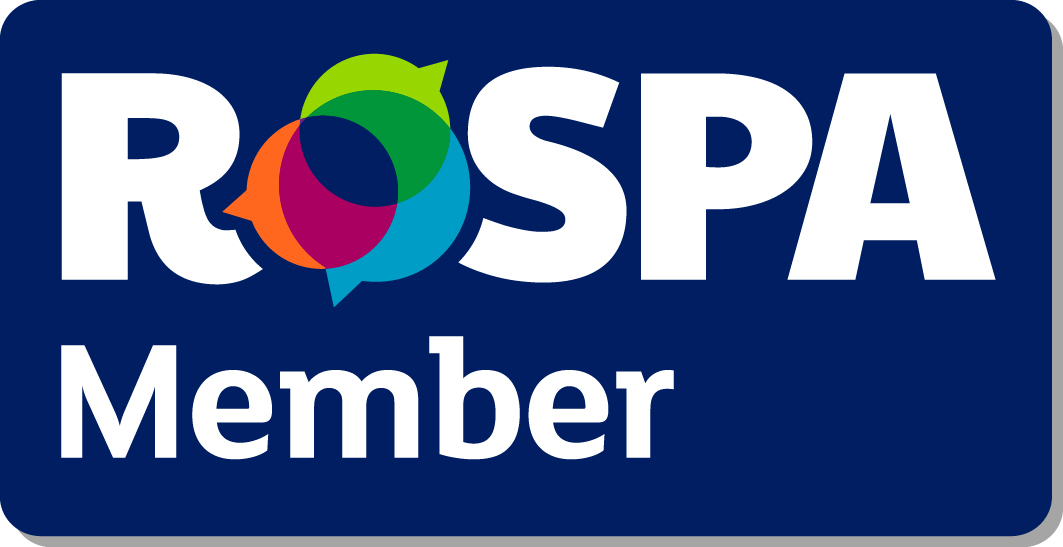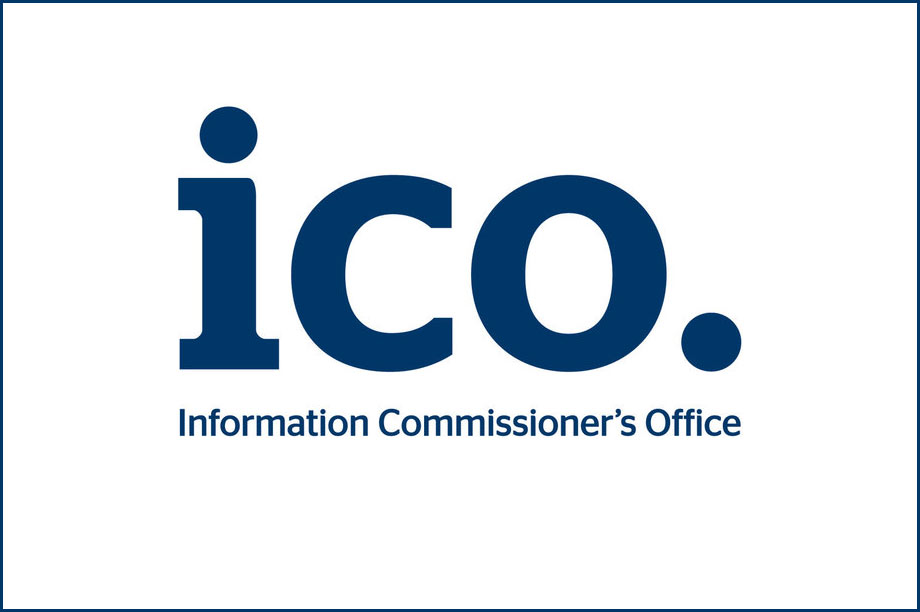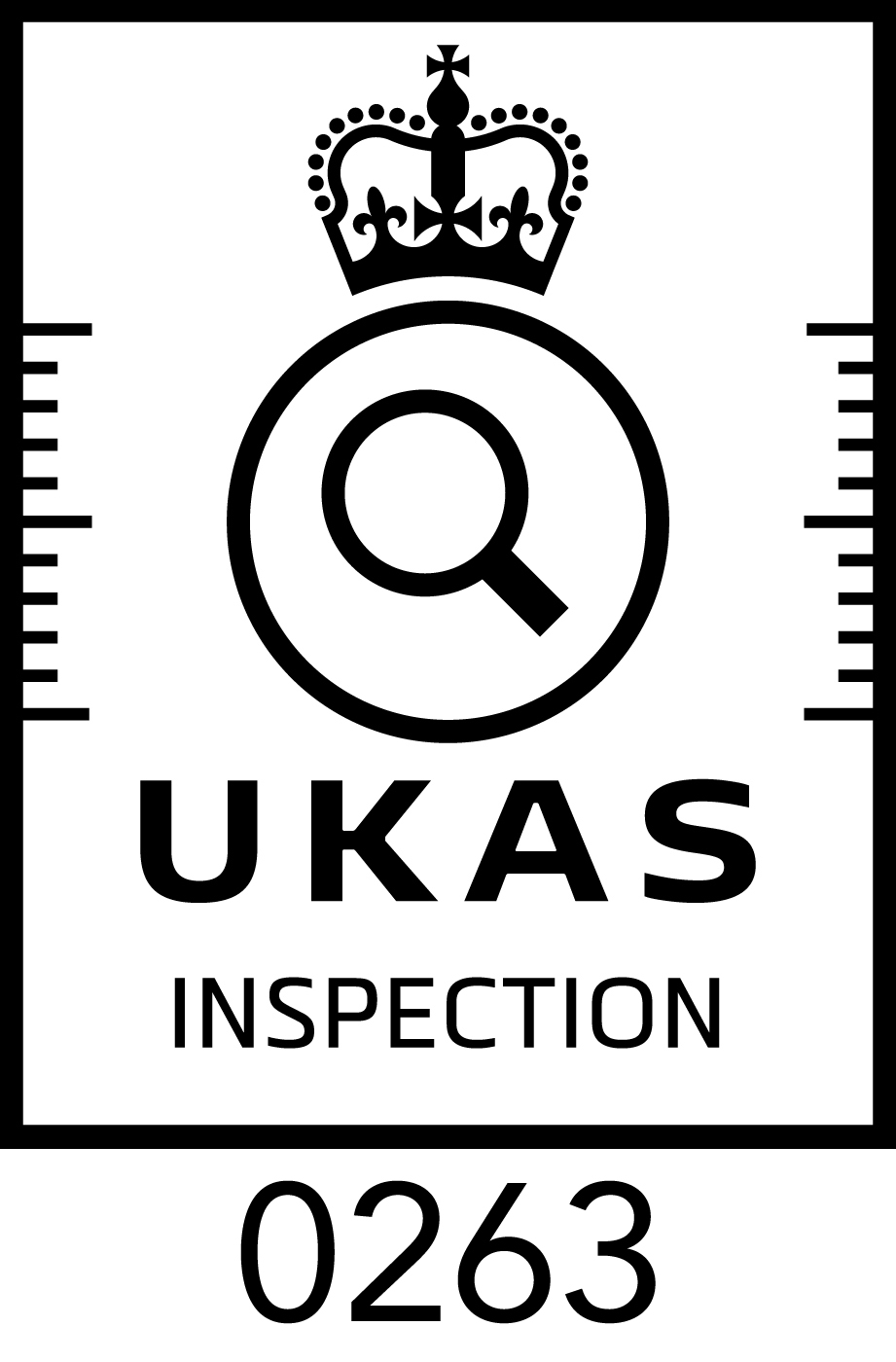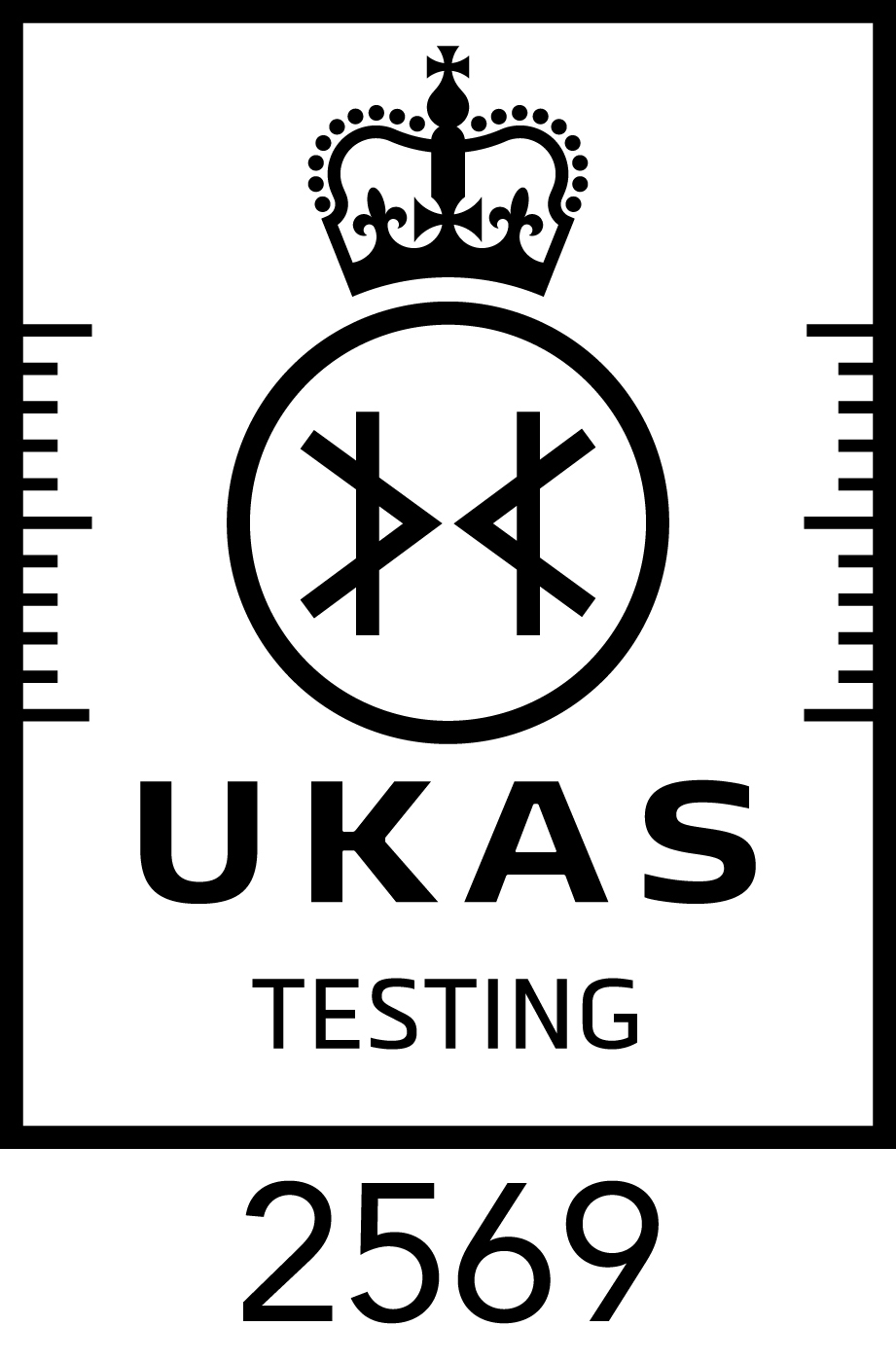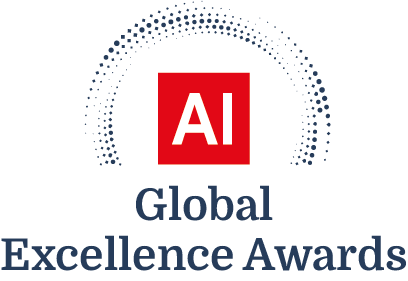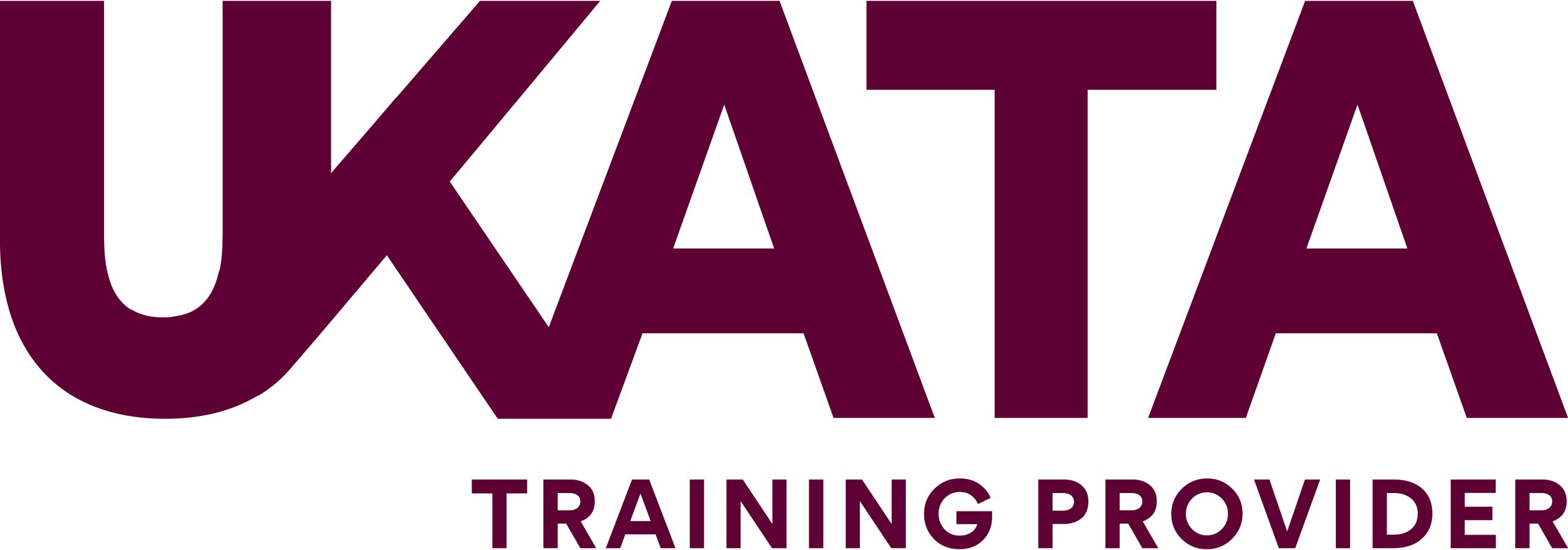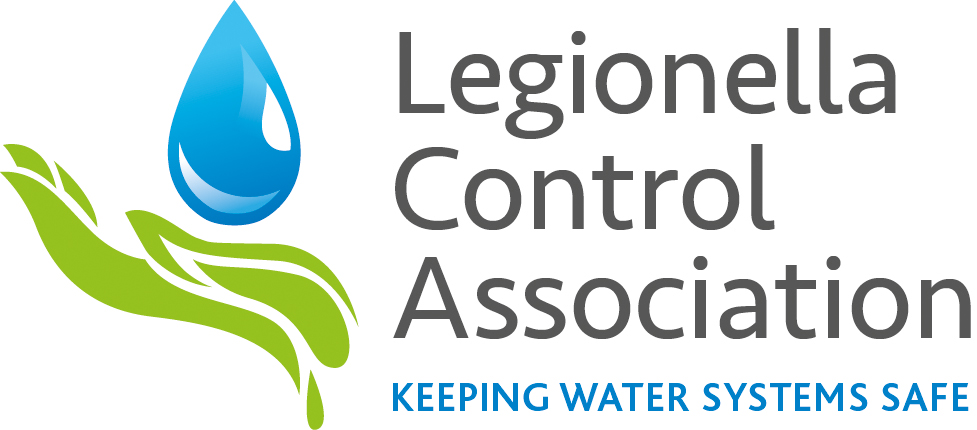Protecting people and planet
Protecting people and planet
Protecting people and planet
Protecting people and planet
Protecting people and planet
This Earth Hour, Lucion Group Celebrates Becoming An Official Beyond Net-Zero Company And Encourages Community Engagement In Earth Hour

Lucion Group
25th March, 2023
Today, 25th March 2023, at 8.30 pm marks Earth Hour. An hour when over 393,579 people from 175 countries (and counting) pledge to switch off their lights and do something positive for the planet. On this day our Group ESG Lead Hazel Gillings encourages our community to engage with Earth Hour and illustrates, in our latest blog, how we, as a purpose-driven company, dedicated to protecting people and planet, are taking decisive action to advance our sustainability commitments.
A Beyond Net-Zero Company - Lucion Group
We are pleased to announce that Lucion Group is a ‘Beyond Net-Zero’ company. We have developed action plans to reduce our Scope 1 and Scope 2 carbon emissions in line with the Paris Agreement and are committed to reducing Scope 3 emissions from our supply chain. Every year we offset our residual emissions by 150% through verified carbon removal projects linked to the UN Sustainable Development Goals. Therefore, our Inspection, Assessment and Advisory services are climate positive.
Understanding the carbon footprint of our business is the first step in understanding the impact of our operations. Once we understand our emissions, we can focus our attention and implement changes for reductions. Data collection is completed during the year, with the footprint completed once an annual set of data is available. So when we acquire a business, the first task is to track the data, and after a year we can create a carbon footprint, action plan and offset residual emissions. By being a responsible company in this way, we are meeting the expectations of our clients, investors and staff, and enabling options for us to become a more resilient company in the future through making appropriate improvements and reductions.
We are currently working through the data for 2022. Whilst that is being completed across the group, here is some background on the previous (2021) carbon footprint for the two largest parts of the Lucion Group, Lucion Services and Delta-Simons Ltd, which were offset by 150% through gold standard verified carbon credits. We currently have to track carbon data from each Group business separately because of the variation of operations, although over time we hope to consolidate this.
The 2021 Lucion Group Carbon Footprint, based on the two largest parts of the company, was calculated at 3694 tCO2e with a total of 1158 tCO2e offset (31.34% of the total footprint for 2021).
The total emissions have significantly decreased overtime per employee, alongside the growth of the business and since the initial baseline was established for both Lucion Services (2012-2013) and Delta-Simons (2011). This has been achieved through increased efficiencies in infrastructure, reduced employee travel (video conferencing), agreements with our fleet fuel card provider which includes embedded carbon offsetting, and the continued expansion in desk-based services.
Recent Acquisitions
2021 Carbon Footprints were not produced for Aberdeen Radiation Protection Services, Landform Surveys and Ground Engineering Limited as they were not part of the Lucion Group during the 2021 reporting period. Our team is currently working with these businesses to collect data for 2022 in order to inform carbon footprinting, and have started to track data for Midland Surveys Limited now as well. Further acquisitions will be adopted into the process. In due course, all businesses in Lucion Group will have a Carbon Footprint calculated, against which we can measure progress and focus improvements, and long term we may have one carbon footprint for Lucion Group.
How are Carbon Footprints Calculated?
Carbon footprints are formed of three scopes of carbon emissions. Within the scope of our carbon footprints is anything that the business has full control over. Anything we do or can influence, we record. This includes direct emissions (Scope 1, eg emissions from vehicle fuel) and indirect emissions (Scope 2, eg emissions on our behalf such as from energy providers). Other (Scope 3) emissions include those where emissions are generated through our demand for the product or service and include our staff commuting and the impact of our supply chain.
Although we can’t always reduce consumption, such as in the case of site materials and lab consumables, we still record the emissions, and take responsibility for them.
Scope 3 emissions are generally the most significant portion of the overall carbon footprint. For many organisations, Scope 3 emissions account for at least 70% of the total carbon footprint. However, as this impact is outside of an organisation's direct control, taking steps to record and reduce Scope 3 emissions is a significant challenge. As more data becomes available, we will continue to refine our carbon footprint calculations to include as many material Scope 3 emissions as possible.
Offsetting
To achieve Net-Zero it is necessary to balance out the emissions we generate throughout our operations and business activities by supporting projects which reduce or sequester carbon. This takes the form of purchasing carbon credits equivalent to our residual carbon footprint, through accredited and verified carbon offsetting schemes. Through our carbon offsetting, Lucion Group chooses to support projects in developing countries, which typically disproportionately suffer the adverse consequences of climate change generated by the emissions from developed nations.
We are a company committed to annually offsetting 150% of our residual emissions. In 2022, we shared a survey asking our teams across the group to vote for their preferred carbon offset project for Lucion Group to invest in. Using the survey results as well as the remaining availability of the projects, we have invested in the following projects:
- Gyapa Efficient Cookstoves, Ghana
- Gigawatt Global Solar, Rwanda
- Aqua Clara Water Filters, Kenya
- Bodhu Chula Stoves, Bangladesh
- Gigawatt Global Solar, Rwanda
Investing into these offsetting projects establishes Lucion Group as a beyond net-zero business, offsetting 150% of our emissions in 2021. We currently offset through Natural Capital Partners, who have been recognised as the best-offset retailer by Environment finance for ten years running. These projects align with the UN Sustainable Development Goals as well as the business values of Lucion Group. These projects focus on helping to increase efficiency in resources, reduced pollution and educate those in developing countries.
In addition to offsetting our residual emissions by 150%, Lucion Group also supports projects in the UK annually, to support World Environment Day, with funding based on head count so the bigger we get, the better we do. Projects have included tree planting and Seawilding to increase carbon sinks and biodiversity, and are long-term sequestration projects we are proud to have supported.
Road to Net Zero
Lucion Group committed to being a “Beyond Net-Zero Company” and achieved this by the end of 2022. This means the business has Road Maps to Net-Zero for carbon reductions for Scope 1, 2 and 3 emissions in line with 1.5oC pathways while committing to offsetting annual emissions from its operations each year as it works towards achieving its carbon emissions reduction measures.
Additionally, Delta-Simons has a near-term 1.5oC carbon reduction target approved by the Science-Based Target initiative (SBTi) to reduce Scope 1 and Scope 2 carbon emissions in line with the Paris Agreement and are committed to reducing Scope 3 emissions from the supply chain. The next step of our journey is to gain SBTi verification for Lucion Group, whilst progressing further emissions reductions.
Our Group carbon reduction journey has been ongoing for a number of years and is summarised in the graphic below.
There are significant actions the business can take at the Group level to continue this journey such as transitioning to a hybrid and then ultimately an electric vehicle fleet, powered by green energy tariffs, reducing electricity consumption within our offices, reducing business travel where possible and prioritising public transport, continuing the use of video conferencing where appropriate and taking steps to reduce our waste volume. We continue to work to achieve this by working with local teams and introducing incremental and cultural changes.
What Can We All Do?
Many of these actions require engagement from our teams and the wider community. The small steps we can all take, individually and collectively, contribute to a significant difference. Below are a few simple steps we can all consider taking to reduce our individual carbon footprints, and those of the buildings we live and work in.
- Turning monitors / TVs and other electronic devices off after use, rather than leaving on standby;
- Turning lights off when rooms are empty;
- Choosing to re-use, and avoiding single-use products such as takeaway coffee cups and disposable plastic bottles;
- Take reusable bags to the supermarket, rather than using plastic carrier bags which take at least 500 years to degrade in landfill;
- Reducing waste (using up existing business consumables before buying more, and making sustainable choices where options exist with no compromise on quality or H&S),
- Washing clothes at lower temperatures and air drying instead of using a tumble drier;
- Turning down the water temperature of our domestic boilers; reducing the temperature by a few degrees can save up to 10% on water heating costs;
- Switch to ‘Green Finance’ for banking and investments such as pension funds, where money will be invested in clean energy and sustainable funds
- Make a statement with your buying power – chose to support products and brands which are taking action to reduce their environmental impact;
- Eat less meat – animal agriculture represents approximately 18% of global carbon emissions. Consider introducing meat-free or plant-based days into your weekly diet;
- The BBC webpage What's your diet's carbon footprint? Is a really interesting tool to understand the carbon impact of typical foods we all eat and helpful in identifying lower carbon alternatives – have a look and see what swaps you might like to make.
Earth Hour - This weekend
Today, Saturday 25th March, we are encouraging our teams across the Lucion Group and the wider community to join the biggest hour for Earth at 8.30 pm, as part of ‘Earth Hour’ (Join One Of The World's Largest Movements for Nature | Earth Hour 2023).
Organised by the World Wild Fund for Nature (WWF), Earth Hour calls all supporters across the globe together to switch off their lights and give an hour to Earth, spending 60 minutes doing something -anything-positive for our planet. Your 60 minutes could include learning more about the planet, reconnecting with the planet, restoring the planet or inspiring others to care for our planet. You can find more information about how to give an hour to earth here. (Give an Hour for Earth | Earth Hour) Although only an hour, Earth Hour helps to shine a global spotlight on nature loss and climate change, and the need to work together across the next 7 critical years to secure a brighter future for people and the planet.
If you would like any further information about our Carbon Plan or wish to discuss your ESG and sustainability goals, speak to our team by calling 0345 5040 303 or click here to submit an enquiry.
About The Author
Hazel Gillings
Group ESG Lead
Hazel Gillings is a Chartered Environmentalist and Technical Director who leads a team of environmental social governance (ESG) professionals providing sustainability support and expertise for Lucion Group, including Lucion Services and Delta-Simons. She has over 18 years of experience in environmental consultancy and strong leadership, strategic, commercial and interpersonal skills.
Hazel has specialist skills in environmental due diligence and providing commercially focused consultancy advice. In recent years, she has been focused on the emerging requirements for integrating ESG parameters into transactions and corporate reporting. This experience has been translated into ESG strategy and implementation, providing alignment of the people and team requirements with investor-led ESG aspirations.
E: hazel.gillings@luciongroup.com
T: 0345 5040 303
Linkedin: Hazel Gillings
Register for IMPACT Bulletin
Don’t miss a beat - get the latest insights and updates from Lucion straight to your inbox.
